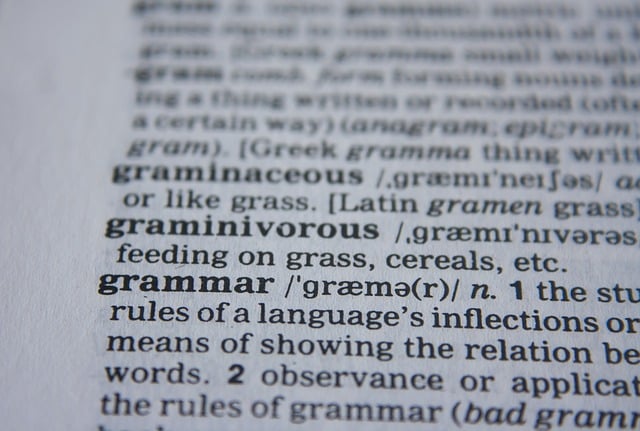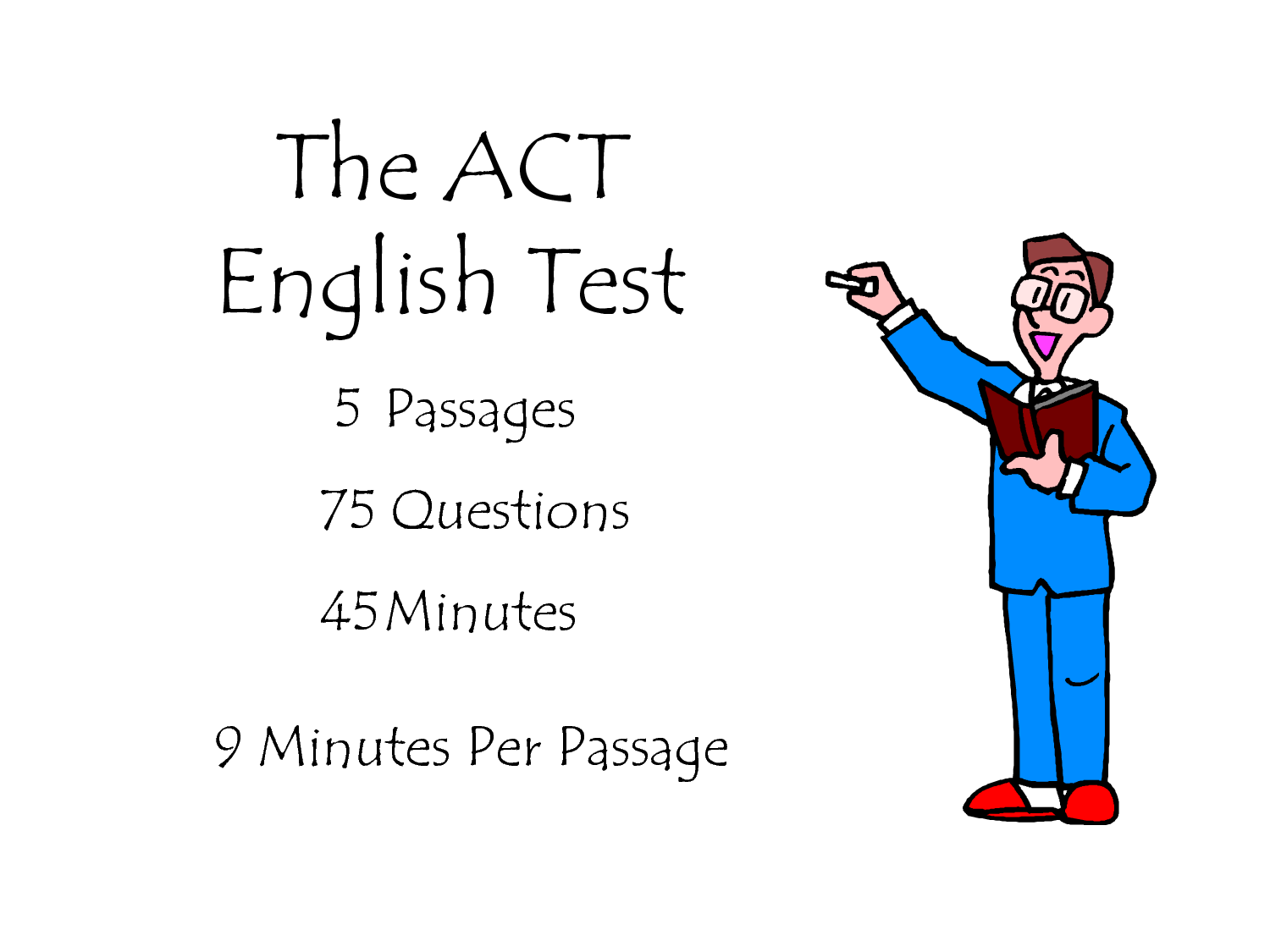Test Tip Tuesday: Fun with Prepositions

Prepositions are words you probably don’t notice. They’re usually small and frequently used, so they escape most people’s notice. This is why I stress to students taking the ACT and SAT (or other standardized tests, most of which have a grammar section) that they need to train themselves to spot prepositions. These words may be tiny, but they are essential to improving performance on sections that test English grammar.
To use prepositions to your advantage on the test, you first need to know what they are. Prepositions are short words (in, of, for, by, to, from, and on are the most common) that usually come after nouns and lead to a short phrase that further describes that noun. They form a relation or provide a location. Take a look at the two examples below.
- The book for my friend should be arriving today.
- I suggest using a guide to the ACT and SAT.
The first sentence contains the subject book. After book comes the word for, which leads into an explanation of the book—that it is "for my friend.” The same occurs in the second sentence. The subject is guide; what comes after clarifies what it is a guide to. We use a preposition after a noun if we feel it’s necessary to be specific. For instance, there might be multiple guides in a bookstore; therefore, we need to specify that we need the guide to the ACT and SAT in particular. You do this all the time in your speech; you just might not realize it.
I know what you’re asking: how much will this end up helping me on the ACT or SAT?
A lot, it turns out. Standardized exams frequently test proper subject-verb agreement, for which students have to make sure subjects and verbs are properly paired. In a long sentence, there may be more than one noun, and it often requires careful thinking to determine which of those nouns is the subject. A shortcut in this process is to use prepositions: the subject will come before, not after, a preposition. Here’s a simple example:
The guide to the tests ____ very helpful.
- is
- are
Some students might think the above sentence should be written with choice B, are; after all, the word tests is plural. But remember what we reviewed before: the subject comes before the preposition. In this case, the subject is guide, not tests. (To further understand why, consider what the sentence is calling very helpful—it’s saying that the guide is helpful. Therefore, the proper verb would be is, as it pairs properly with the singular noun guide.)
Here's another example covered during one of our recent Test Prep Time sessions with our Director of School Classes, Kevin Dennis.
Since subject-verb agreement questions are all over these tests, you can increase your score just by using this preposition-based trick. Try it out for yourself: take a practice ACT or SAT and circle all the questions that have a preposition in them. You’ll find a lot more than you expect.
Subject-verb agreement questions are not the only ones in which prepositions will be helpful, though. Prepositions also help when you have to choose between who and whom. Because who is a subject, it is used before prepositions. Because whom is an object, it is used after prepositions. Check out these two examples.
- Who will be going to the store?
- The person to whom I’m writing should receive my letter by Tuesday.
In the first sentence, the who is doing an action (the word will is the verb). In the second sentence, the whom is not doing the action, but is receiving it (the I in the sentence is doing the action of writing). Many students, however, have difficulty parsing the distinction. This is understandable: it’s easy to get stressed when you’re in a time crunch. If you have trouble figuring out whether you should go with who or whom, there’s a shortcut: determine whether you’re inserting who/whom after a preposition. If you are, then you will go with whom. Glance back at my second example: you’ll notice that this occurs when the word whom comes after the preposition to.
Does this mean that the only proper instance of whom is when it comes after a preposition? No. But on standardized tests, this is how it appears all the time. Using this trick, you’ll answer who/whom questions correctly and efficiently.




